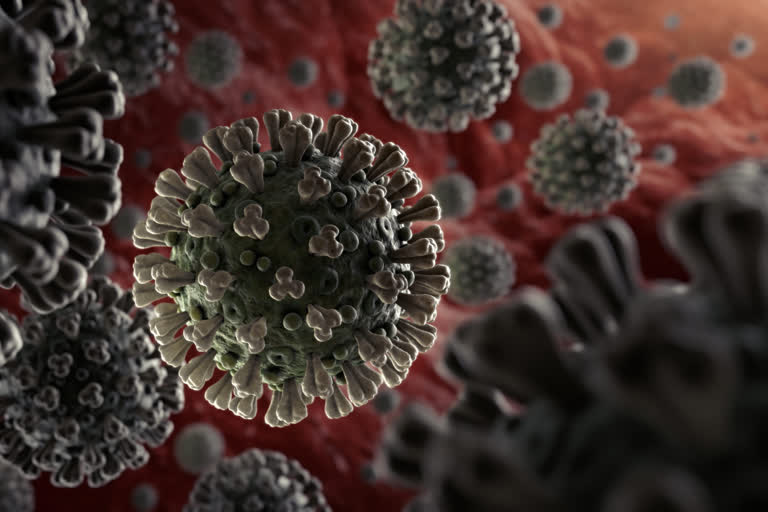Hyderabad: Thank god, the vaccine is finally available. Even the cases are decreasing. Bye-bye COVID-19! Even before we could heave a sigh of relief like this, the second wave has turned rampant. Experts say that 95 per cent of the infected at this point in time show no visible symptoms. This is the main reason behind the virus’ outrageous spread.
On the other hand, people are brushing off common flu symptoms and minor ailments. This negligence is another reason for the current surge in cases. In fact, the virus is infecting our body without our knowledge. So, what are the exact symptoms to look out for? What changes in our bodies must be taken seriously? When should we go for testing? In order to get clarity, read on to know what health experts have to say.
Also read: Amid spike in Covid-19 infections, Bharat Biotech to boost vaccine production
In those with strong innate immune systems, the impact of the COVID-19 virus is usually negligible. But in few persons, symptoms like common cold, cough and fever could indeed be coronavirus infection. They are neglecting these ailments without getting the right treatment. Few others are dismissing the medical claims about the link between the severity of the infection and comorbidities. All three factors are responsible for the rapid rise in case toll. However, healthcare professionals have picked out the symptoms to watch out for. That way, people can follow the testing, isolation and treatment protocol.
Red or bloodshot eyes
Generally, red, swollen, itchy and watery eyes are attributed to eye allergies or infections. We tend to neglect these signs accompanied by headache or fever as common eye ailments. But experts warn that reddened eyes alongside minor ailments like a headache could possibly be a COVID-19 infection. So, it is better to rush and get tested.
Also read: DRDO RCI develops 'touch-free' UVC sanitizer, can deactivate viruses without chemicals
Forgetfulness
Several scientific studies have identified that the novel coronavirus affects not just the lungs but any part of the body. In fact, there have been cases of its negative impacts on the brain. Reduced attention span, forgetfulness, anxiety and concentration difficulties are the red flags to watch out for. At the onset of these symptoms, it is highly recommended to exercise caution.
Loss of appetite
Lack of appetite and nausea may seem trivial but in the wake of the pandemic, it is important to stay alert to changes in dietary behaviours. 48 per cent of the initial corona patients in China reported a range of abdominal ailments. Diarrhoea, abdominal pain, nausea, gastric trouble and lack of appetite could suggest something bigger. Early testing and diagnosis are paramount in mitigating future risks.
Also read: FICCI writes to 25 CMs urging not to impose lockdown
Fatigue and tiredness
It is natural to feel tired due to work overload at home or office. And we get back on our toes in a day or two. But extreme fatigue and lethargy for days together might be pointing to a graver issue. Experts urge to take these signs seriously and get tested at the earliest. In fact, not only during the course of infection but even months after recovery, several patients have complained of extreme fatigue. So, it is advisable to follow expert advice and get the right treatment.
In addition to these, high fever, persistent dry cough, chest tightness and difficulty in breathing are sure-fire symptoms that indicate a COVID-19 infection.
If in doubt, go for this test!
Antibody testing can help people know if they had been infected by the coronavirus. These antibodies can be detected through a blood test. For a person who got infected in the past, the immune system releases antibodies in response to the infection. So, the presence of antibodies in the blood signals a previous COVID-19 infection. But there is no concrete conclusion about the duration of protection these antibodies provide. But few studies found that people with antibodies are less likely to get reinfected.
All in all, experts are requesting people to be safe than sorry given the times we are in. Instead of disregarding the symptoms as harmless ailments, it is better to consider COVID-19 a possible outcome. This way, one can protect oneself and those around. Before heading straight to a testing faculty or getting panicked at the first sign of symptoms, it is recommended to consult a general physician first for better guidance.



